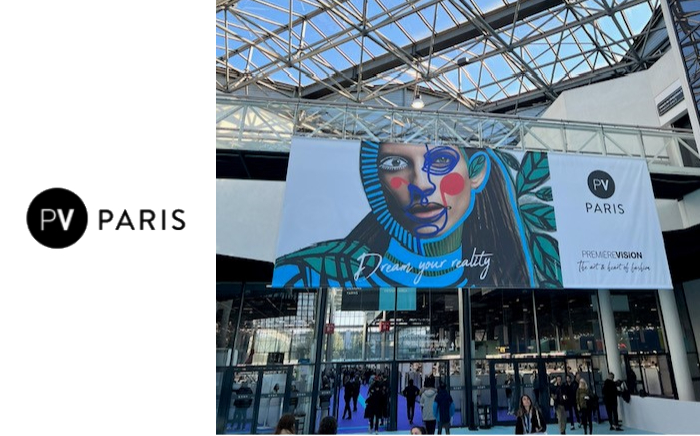The European Union is taking significant strides towards a greener economy with the introduction of the Ecodesign for Sustainable Products Regulation (ESPR). This groundbreaking legislation aims to transform the way products are designed, produced, and consumed, emphasizing sustainability and circularity.
What is Ecodesign?
Ecodesign is the practice of incorporating environmental considerations into product design from the very beginning. It involves optimizing a product's environmental performance throughout its entire lifecycle, from raw material extraction to end-of-life management.
The ESPR is built on several key principles:
• Circular Economy: Products should be designed to be easily repaired, reused, and recycled, minimizing waste and maximizing resource efficiency.
• Energy Efficiency: Products should consume less energy during their use phase, contributing to reduced greenhouse gas emissions.
• Reduced Environmental Impact: Products should have a lower overall environmental footprint, considering factors like material extraction, production, transportation, and disposal.
• Product Durability and Longevity: Products should be designed to last longer, reducing the need for replacements and associated waste.
• Use of Recycled Materials: Increasing the use of recycled materials in product manufacturing promotes resource conservation and reduces reliance on virgin materials.
• Transparency and Information: Consumers should have access to clear and accurate information about a product's environmental performance to make informed choices.
Textile Products Under ESPR
•In the Commission's prioritisation exercise, textiles scored the highest among end-use products.
•The ESPR addresses this practice by introducing, for the first time, a ban on the disposal of unsold textiles and footwear.
•In January 2026, the Regulation on the Special Conditions for DPPs for Textile Products will be published.
•In July 2027, the Textile DPP will enter into force.
•Large Companies: The ban on destruction will start in 2026. From this date, large companies will not be able to dispose of unsold textile and footwear products.
Challenges and Opportunities
While the ESPR is a significant step forward, challenges remain. Implementing ecodesign principles requires collaboration between manufacturers, policymakers, and consumers. Overcoming technical hurdles, ensuring affordability, and building consumer awareness are crucial for the successful implementation of the regulation.

 Back to Blog
Back to Blog











